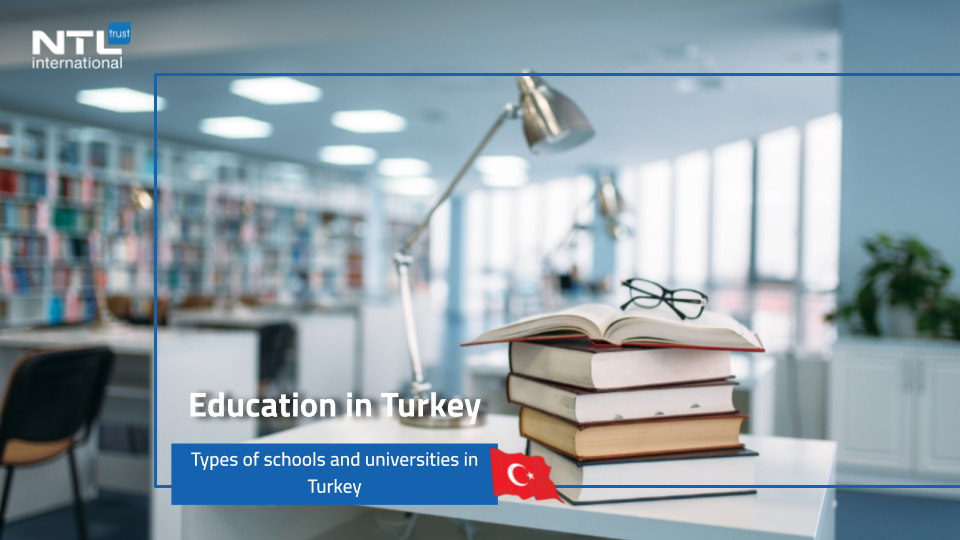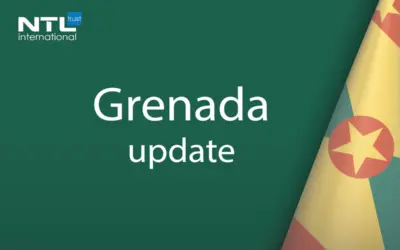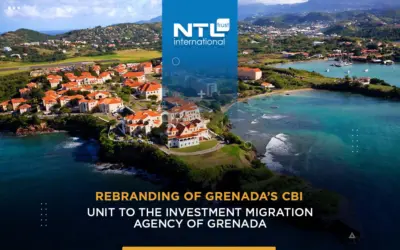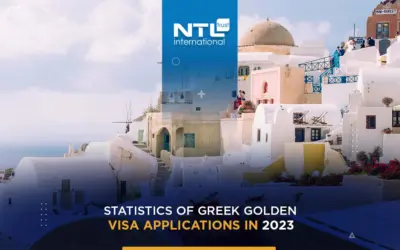
A family residing in Türkiye has several options for teaching children in Turkish schools and universities, Let us begin with schools that vary between public and private schools.
Public schools: offer a strong education in the Turkish language free of charge in addition to materials for second languages such as Arabic and English. The holders of Turkish citizenship and holders of temporary protection cards may register their children in these schools.
Private schools: they vary between Turkish private schools and Arab private schools licensed by the Turkish government, which teach international curricula that are compatible with the curricula of the Turkish Ministry of Education and which allow graduate students to enrol in Turkish universities later. Turks and holders of temporary, work and permanent residency cards may register their children in these schools.
There is a third type of Turkish school, “Imam and Hatib” Schools: they are institutions devoted to training Muslim clerics. Their curriculum is based on the study of Islamic Sharia courses in addition to other subjects taught in regular schools.
As for universities, they are also divided into Public and private:
Public universities: They are located in many Turkish cities, with various branches and fees almost free, different nationalities can register in them after fulfilling the admission requirements.
Private universities: They are also located in many Turkish cities, the most important of which are in Istanbul, and they differ from public universities with their slightly higher fees, according to the branch to be studied, but they are distinguished by the possibility of studying in the English language in a good number of majors.
Educational stages in Turkey:
First: Pre-Primary education: is an optional education for children between 3-5 years of age who are under the age of compulsory primary education.
Second: Primary education: lasts 8 years. With a new Law in 2012, four years of Elementary school + four years of Middle school is compulsory Primary education covers the education and teaching of children between the ages of 6–14.
Third: Secondary education: is compulsory for four years and covers general, vocational and technical high schools that provide four years of education.
At the end of high school, following the 12th grade, students take a high school finishing examination. They are required to pass this to take the University entrance examinations before they can attend a university.
Fourth: Universities: It is not necessary to attend a university in Türkiye. But for graduates, who want to continue their education after high school, they need to enter a two-stage examination system known as YKS and LYS to be admitted to Higher Education institutions.
Universities, faculties, institutes, higher education schools, conservatories, vocational higher education schools, police and military academies and colleges, and application-research centres are considered Higher Education institutions.
Facts on Education in Türkiye
- Education is a priority in Türkiye and it has been flourishing within the last few years. Türkiye’s literacy rate is currently 95%. People in Türkiye are required to go to school for 12 years.
- İstanbul University was the first university in Türkiye. It was established in 1453. Ankara University was the first university that was started after Türkiye became a republic. It was established in 1946.
- There were 6065 high schools in Türkiye in 2002 according to the Ministry of National Education. In 2011, there were 166 universities in Türkiye.
- Compulsory education in Turkey begins at age 5 and lasts through 12th grade. It is free of charge.
The European Union (EU): Your Gateway to Limitless Opportunities
The European Union (EU) offers a wealth of opportunities for investors and individuals seeking a better life.
Important Update for Grenada Citizenship by Investment (CBI) Program!
Important Update for Grenada Citizenship by Investment (CBI) Program! on March 25 , 2024.
Investment Migration Agency Grenada
Investment Migration Agency Grenada the new name of the CBI unit office.
Grenada Passport Holders Enjoy New Privileges for US Travel
Grenada Passport Holders have been officially recognized among a select group of nations whose exempt from the US’ six-month passport validity rule.
Statistics of Greek Golden Residency Applications in 2023
In 2023, a record number of Greek Golden Residency applications were registered.





